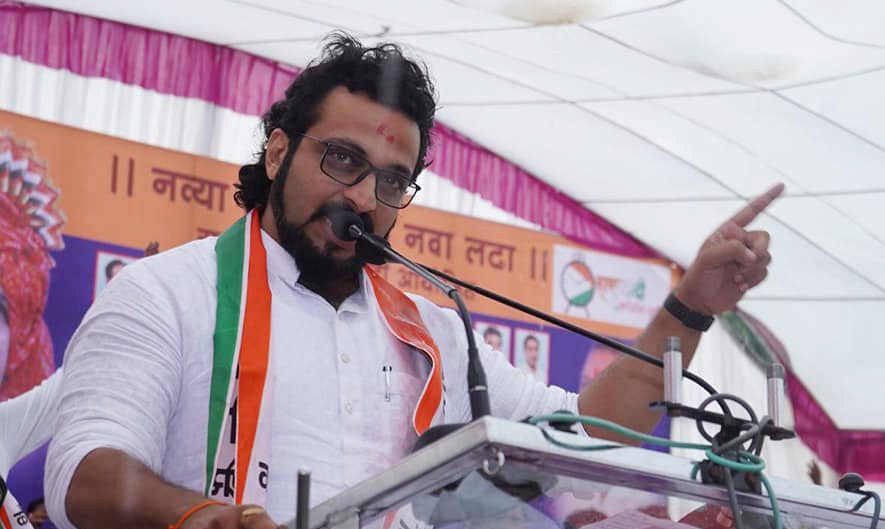Lok Sabha Member of Parliament from Shirur constituency of Maharashtra Dr Amol Ramsing Kolhe has written a letter to Union Finance Minister Nirmala Sitharaman on Thursday related to various issues pertaining to Urban Cooperative Banks.
In his letter, Kolhe apprised that the Reserve Bank of India has imposed various restrictions on UCBs and due to this ucbs are facing many difficulties. “The urban cooperative banking sector in urban and semi-urban areas has stood on the trust of the common needy citizens. Urban co-operative banks have a large base. So there is a need to solve the problems of these urban cooperative banks”, he demanded.
Excerpts:
Accordingly, some important points are presented.
- As per the RBI circular dated 13th March 2020, several strict commercial restrictions have been imposed on civil cooperative banks. According to which allotment of 50% of the total loan amount upto 25 lakhs of loan should be done. But considering the funds available in banks in the current situation, the banks can have a large amount of funds (ideal) while allocating loans to cooperative banks. As per the demand of members, account holders for housing , commercial, flat purchase loans’ allocation is becoming difficult. This needs to be changed. This is why we should keep the 15% loan limit for Single Borrower of Capital Fund and 25% loan limit for Group Borrower as before and Rs. Limit up to 50% of the loan amount allocation of 25 lakhs should be removed.
- Priority Sector Lending- (for example agricultural loans, micro, small and medium business loans, educational loans, housing loans, professional and self-employed artisan loans) the limit of which is 50% of the total loan disbursement. Its ratio is mandated to be 75% by 2024. But in semi-urban, urban areas, loans are provided through cooperative banks for other purposes (for example, hospitals, purchase of household furniture, purchase of vehicles for personal use) along with the priority sector. In such a case, it will be difficult for cooperative banks to take the ratio of priority sector loan provision up to 75% in the next 2 years.
- Co-operative banks have to compete with other government, private banks. Along with cooperation, modern service facilities have to be provided to retain customers like other banks. Like other banks, they have to spend on Cyber Security, Cloud Based Data Transfer and other Technology. This requires a large amount of funds. It is becoming difficult to meet the above expenses due to the meager profits of cooperative banks. For this, a discount should be given in Income Tax deduction on the profits of banks. Earlier deduction of 30% is currently 22% and this should be relaxed to 10%. Therefore, the remaining profit can be used for fund modernization.
- Banks were previously required to insure deposits up to Rs1 lakh with deposit insurance custodian DICGC (Deposit Insurance and Credit Guarantee Corporation) at an annual rate of 10 paise per Rupee. It was 100 rupees. At present the rate under protection for deposits up to 5 lakh is 12 paise per annum per Rupee. 100 has to be spent. This is affecting the profit. However, consideration should be given to reducing the said cost. This can save lakhs of rupees in the bank’s expenses.
However, I strongly request you to seriously consider the above issues and take a positive decision so that urban cooperative banks do not get into trouble.














































